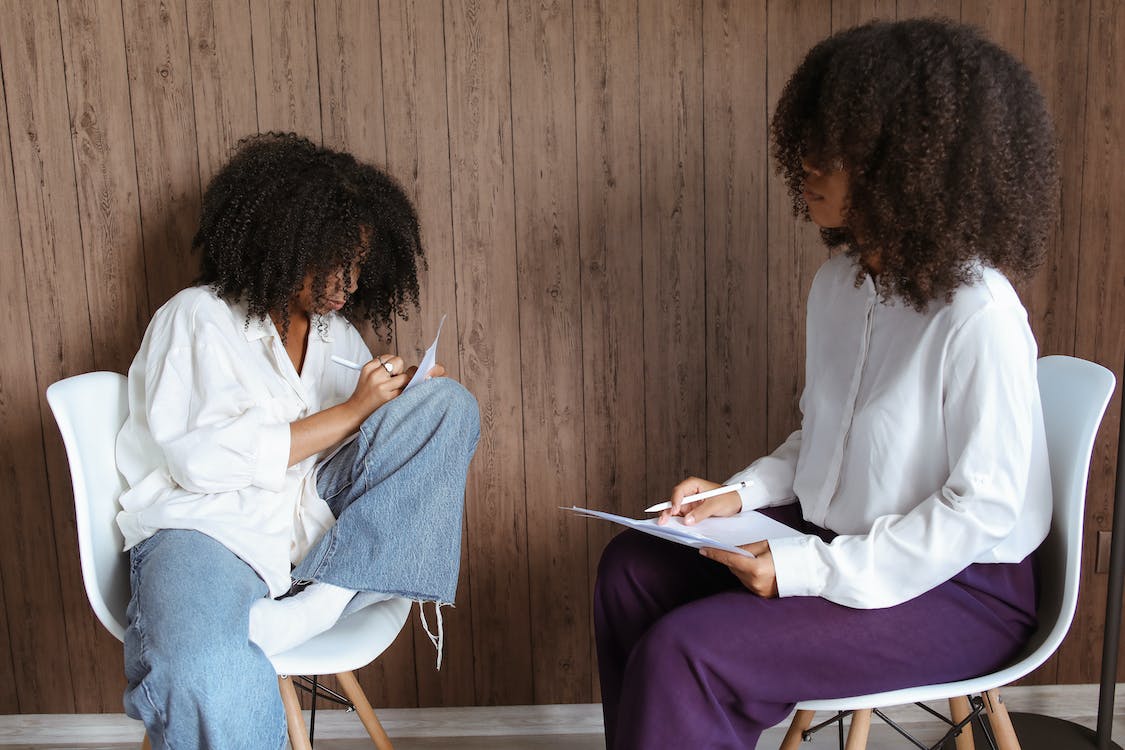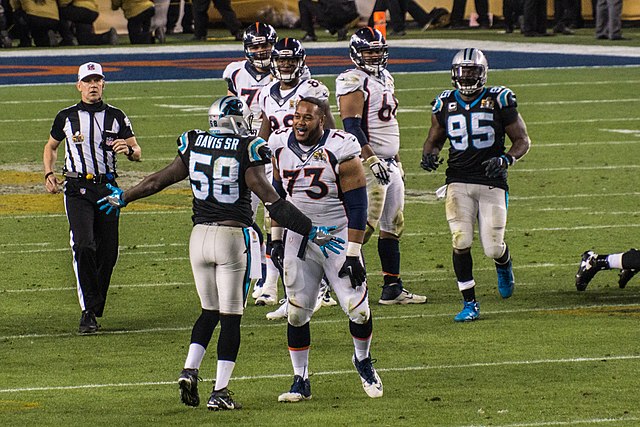Only 4 percent of psychotherapists in the United States are black despite the population comprising 13.6 per cent of African Americans. This is a challenge for the black community as they have limited access to black therapists.
For a group of people who’re gradually embracing therapy, it’s essential for them to talk to people who relate to their experiences. In this article, we explain why black therapists matter.
Become an insider. Subscribe to our newsletter for more top trending stories like this!
People Also Read: Black Wellness Organisations: What You Should Know
1. Black People Build Trust Easily With Black Therapists
Black people feel unseen by the medical community, which is largely white. In fact, they are highly likely to get misdiagnosed or taken into emergency care, even in situations that don’t warrant it. This creates mistrust, and thus, they prefer to address their issues with someone who understands them.
A white therapist might not understand the experience of a black client. As a result, they can end up overlooking the severity of the issue or providing a misdiagnosis. And in the end, not helping the client.
In contrast, a black therapist is in a position to understand a fellow black person. We empathize with people who look like us and share our worldview, building trust.
2. It Helps Black People Avoid Stereotypes in Their Experience
The ‘angry black woman’ is one of the most common stereotypes black people face. Such narratives make it uncomfortable for black people to go for a therapy session with a non-black therapist. For example, speaking loudly might be confused with anger.
Additionally, sharing some of our experiences with a white therapist might make us feel like we are validating some of the stereotypes we are trying to break away from. In front of a black therapist, a black person will easily lower their guard as they won’t wonder whether they are being judged.
People Also Read: What Are The Popular Black Health Issues?
3. Black People Want Someone Who’ll Understand Them
The point of going to therapy is to be and feel understood. Different cultures and races have their own nuances that might only be understood by someone who shares that background.
Become an insider. Subscribe to our newsletter for more top trending stories like this!
How people talk to one another is easily judged by people who don’t share their culture and thus the need to explain more. This might take away from the session and leave the black client unfulfilled due to the constant explaining.
Join our Spotcovery Global Black Community Facebook Group for early access to exclusive content and to share in a lively discussion.
4. It Creates a Safe Space
Black people are coming from an era where they weren’t encouraged to seek therapy for anything. In fact, mental health was not even a topic of conversation. Many families buried such discussions under narratives like showing emotion is a sign of weakness and that talking about stress is a lack of gratitude.
The availability of black therapy helps the black community have a safe space to talk about any mental health issues. We can address trauma and stress, leading to a healthier community.
It’s important that black people get the services that will help them address their unique set of problems. To do this adequately, they need more black therapists with whom they feel safe.
Nearly 80% of consumers visit directories with reviews to find a local business. List your business for free in our exclusive Spotcovery Black-Owned Business Directory.
Spotcovery offers unique and fresh daily content on Black culture, lifestyle, and experiences. We talk about everything black, black people, black-owned and black-owned businesses. We also deliver authentic and relevant content that will inform, inspire and empower you! The future of black media is critical to today’s black experience! Our primary audience includes African American, African, Afro-Caribbean, and people of African heritage. Black culture is for the culture!”
Become an insider. Subscribe to our newsletter for more top trending stories like this!





